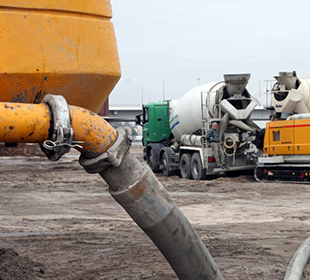Installation and Maintenance Guide for Large Diameter Rubber Hose
2023-05-26 08:43:05
correct installation steps
The correct installation of large diameter rubber hose is an important step to ensure its performance and safety. During the installation process, it is first necessary to clean and inspect the hose and connecting parts to ensure that they are free from damage and foreign objects. Then, perform proper mating and installation according to the specifications and requirements of the hose and connecting parts. Use proper tools and techniques to ensure tight, leak-free hose connections and avoid excessive twisting or stretching of the hose.
Regular inspection and maintenance
In order to maintain the performance and safety of large-diameter rubber hoses, regular inspection and maintenance are necessary. Regularly inspect the appearance of the hose for wear, cracks or damage, and the tightness of the connections. If abnormalities are found, take repair or replacement measures in time. Additionally, regular cleaning of the hose surface prevents the build-up of dirt and sediment and helps extend the life of the hose.
Safety Operations and Precautions
When using large-diameter rubber hoses, relevant safety operations and precautions need to be followed. Make sure that the hose is used within the specified pressure range and does not exceed its rated working pressure. Avoid excessive twisting, excessive bending, or excessive stretching of the hose as this could damage the hose structure and cause leaks. During operation, take care to avoid damage to the hose by sharp objects or chemicals. If there is any abnormality or leakage, stop using it immediately and take appropriate measures to repair or replace it